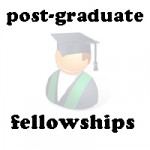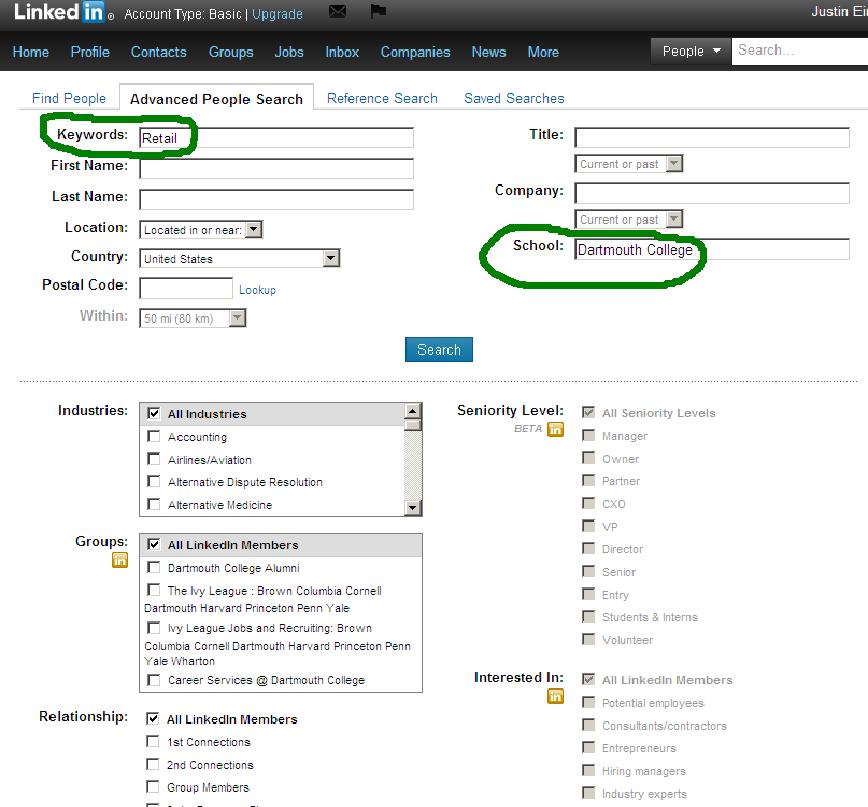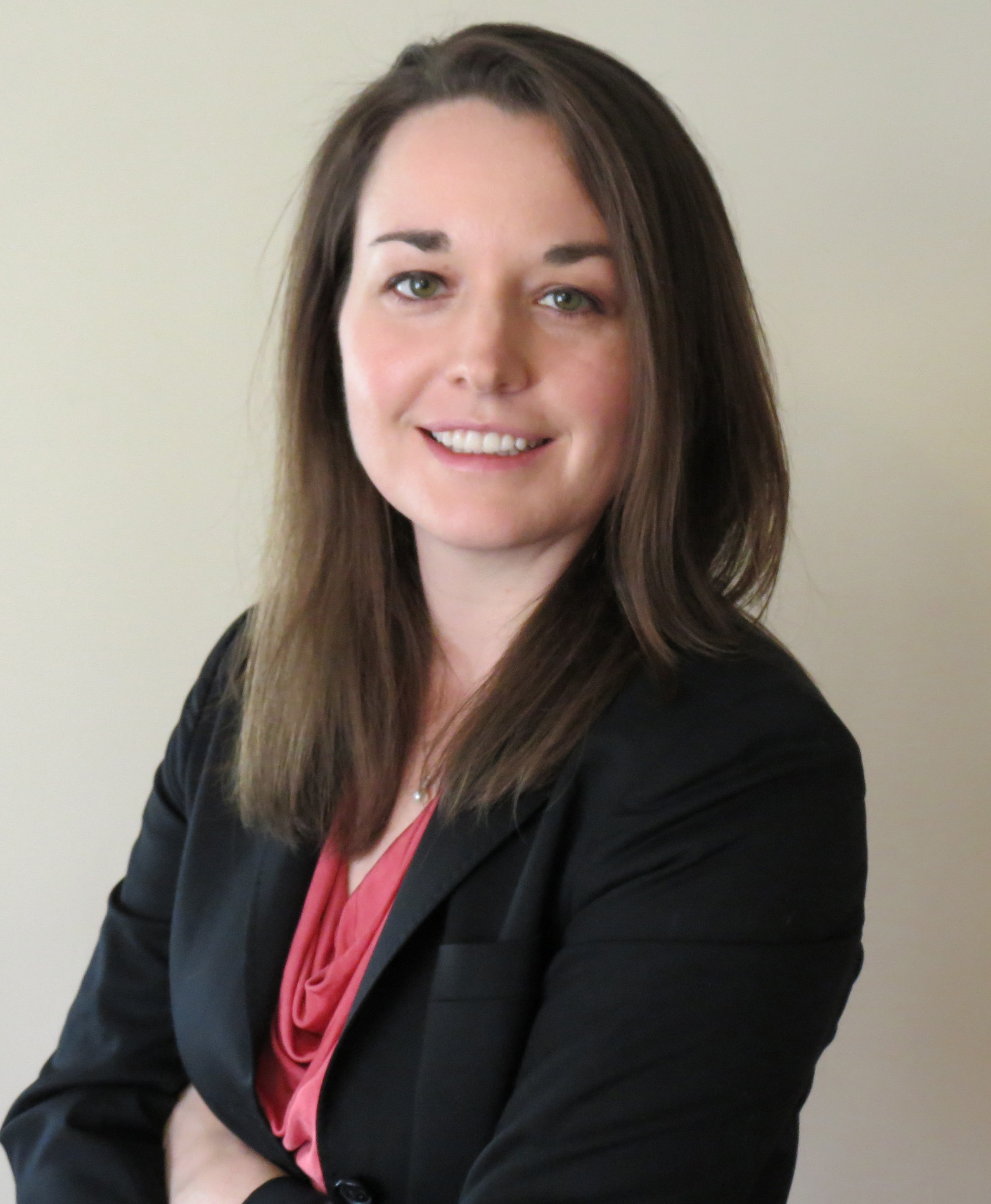Unsure what you want to do after graduation?  Not only are you in good company, but you are primed for a great opportunity! A one to two-year post-graduate fellowship offers a chance to build professional skills..
Not only are you in good company, but you are primed for a great opportunity! A one to two-year post-graduate fellowship offers a chance to build professional skills..
Deadlines and application information are sent out to seniors through Career Services. If you are graduating in 2014, pay attention to your email in-box. Post-graduate fellowships have firm application deadlines so you need to be proactive in preparing your materials and requesting recommendations.
We'll be sending information about programs with September deadlines before school starts. You'll continue to receive information on additional programs throughout the year. Here is a sampling of post-graduate fellowships that are available.
Interested in traveling or working abroad?
Princeton in Asia: Fellowship opportunity in Asia
Founded by Princeton students in 1898, this non-profit offers 150 full-year fellowships in countries such as Cambodia, China, Indonesia, Japan, and Nepal. Participants can teach English at universities and high schools, or work in opportunities related to environmental protection, public health, community development and media.
World Bank: Research fellowship program
This two-year program gives fellows exposure to how the bank tackles challenges of development and poverty alleviation. Candidates may work in U.S. or international offices, and fluency in multiple languages is a plus!
CIEE: Paid teaching positions abroad
CIEE offers paid teaching positions in Chile, China, the Dominican Republic, South Korea, Spain, Thailand, and Vietnam for recent graduates looking to teach English abroad and gain knowledge of foreign communities.
How about a fellowship in common good or non-profit work?
Families USA: Villers fellowship
Participants in this one-year health care justice program will help produce analytic reports, build coalitions and organize e-advocacy, among other initiatives.
Congressional Hunger Center: Emerson National Hunger Fellows Program
Participants in this one-year social justice program fight hunger and poverty through placement in community organizations around the country and gain policy experience in Washington D.C.
Start-up accelerators for social good: The Hult Prize or IDEX:
These program help graduates interested in social entrepreneurs to build their own projects by providing funding, mentoring and advising. Hult, headquartered in Boston, has a partnership with the Clinton Global initiative and offers seed funding of up to $1 million. IDEX is partnered with the Middlebury College Monterey Institute of International Studies and offers participants hands-on experience as well as a Professional Certification from the Monterey Institute upon completion of the program.
Interested in arts, entertainment or stage management?
Metropolitan Museum of Art: Editorial and design Internship in educational media
This is a one-year opportunity for graduates interested in design, education, and art history. Participants assist in the production of print and digital publications for Met visitors and gain editorial and design skills.
Walnut Street Theater: Professional apprenticeship program
Learn and practice theater operations, whether that means acting, audience services, carpentry, costumes, fundraising, crew and stage, or general management. Participants gain experience during a regular theater season at the Philadelphia theater.
Disney & ABC: Writing fellowship
This opportunity offers workshops, seminars and mentoring with creative executives from ABC, ABC TV Studio, the Disney Channel, ABC Family, Lifetime and others. The goal of the opportunity is to prepare writers to become television staffers.
Interested in communication and media?
Nielsen: Communications rotation program
Try out opportunities in client solutions, finance, global business services, human resources, professional services and advertisement. Participants rotate through different departments throughout the program.
NPR and The Washington Post: Combined 24-week program
Learn how to report for print, web and radio as a fellow with both prestigious companies. Participants spend 12 weeks at The Washington Post and 12 weeks at NPR.
PBS Newshour: Broadcast desk assistant
Take on the position of desk assistant, a six-month entry-level position that provides practical experience for graduates interested in broadcast news. Desk assistants are involved in all aspects of the nightly television news program and rotate among units.
How about public policy or policy advising?
Institute for Defense Analysis: Science and Technology fellowship
During this two-year fellowship, participants support federal government policy makers through science and engineering research. Fellows coordinate with the White House Office of Science and Technology Policy and work with the National Institute of Health and National Sciences Foundation.
Herbert Scoville Peace Fellowship Program: Fellowship for peace studies
This full-time six to nine month fellowship in Washington D.C. caters to graduates interested in issues related to peace and security. Applicants work with nonprofit and public-interest groups to perform research, writing and organizational tasks.
Venture for America: Urban planning entrepreneurship program
This two-year program helps to build start-up or emerging companies in low-cost cities such as Detroit, Providence and New Orleans. The program includes entrepreneurship summer classes at Brown University, a regular salary and a $100,000 for best fellowship project.
Stay tuned for more information about fellowship opportunities during the fall!
 Interested in applying for a position that requires more skills or knowledge than you currently have? Check out our tools for skill building - then market your new knowledge in your application.
We've recently added a new section in the Tools file of the DartBoard Resource Library. Check out our tip sheet on tools you can use to "Explore Interests, Build Skills & Showcase What You Know." The tip sheet includes free resources available to Dartmouth students to learn more about a range of applications and systems including Microsoft Excel (SkillsX), Bloomberg Terminal (Tuck) and Lynda.com.
Interested in applying for a position that requires more skills or knowledge than you currently have? Check out our tools for skill building - then market your new knowledge in your application.
We've recently added a new section in the Tools file of the DartBoard Resource Library. Check out our tip sheet on tools you can use to "Explore Interests, Build Skills & Showcase What You Know." The tip sheet includes free resources available to Dartmouth students to learn more about a range of applications and systems including Microsoft Excel (SkillsX), Bloomberg Terminal (Tuck) and Lynda.com.
















